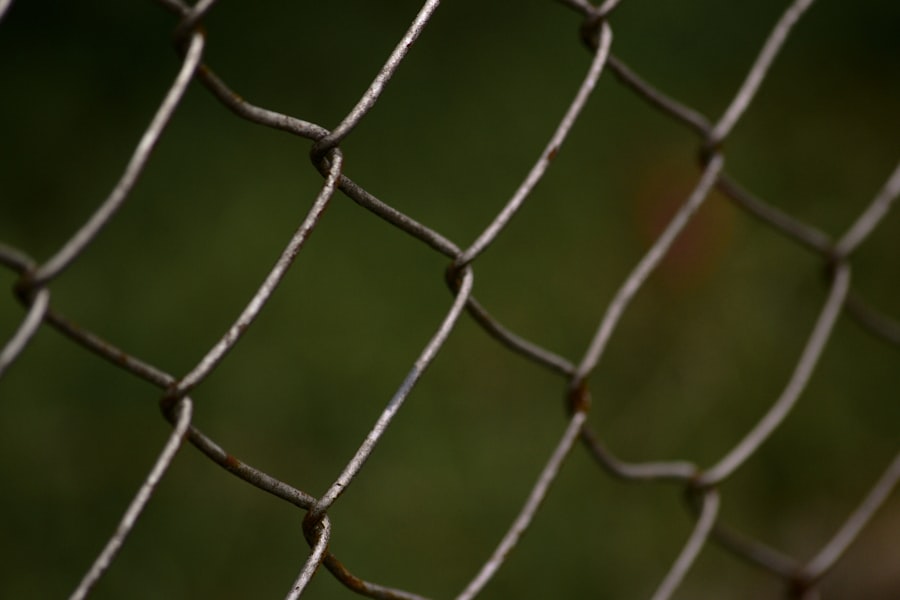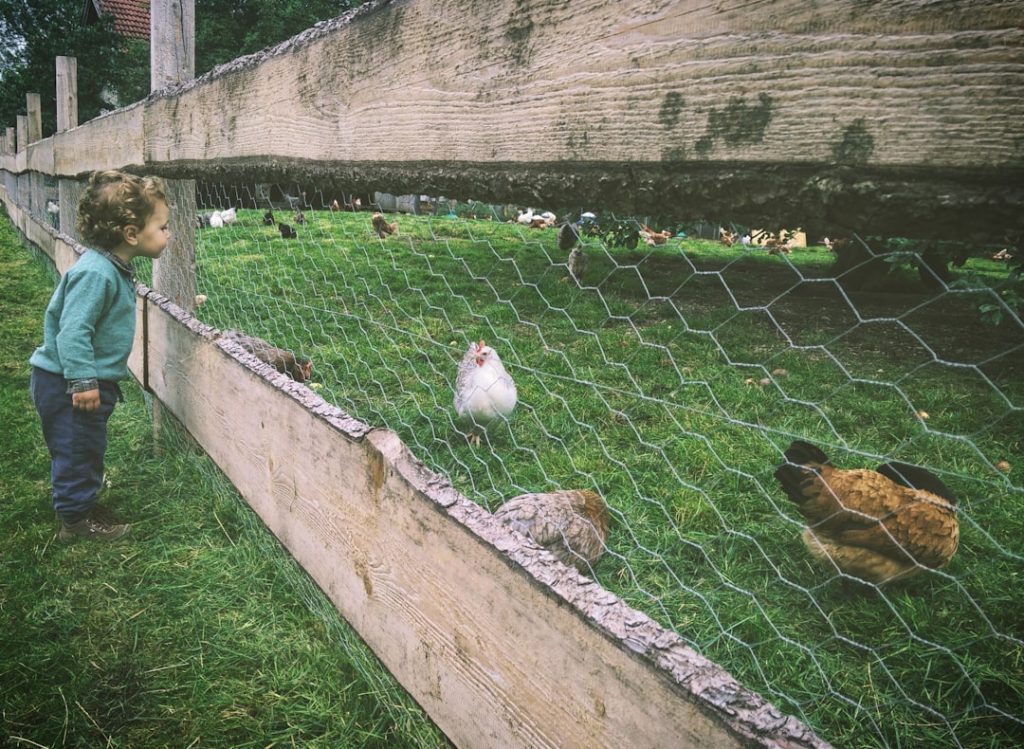Chickens are social creatures that thrive in structured environments. They establish a hierarchical system within their flock, known as the pecking order. Understanding this behavior is essential for maintaining a harmonious coop environment.
Recognizing the dynamics of the pecking order ensures that all chickens have equal access to resources such as food, water, and roosting space. Additionally, comprehending their natural instincts, including foraging and dust bathing, is crucial for creating an environment that meets both their physical and psychological needs. Chickens communicate through various methods, including clucking, squawking, and body language.
Learning to interpret these signals enables caretakers to identify when chickens are stressed, agitated, or unwell, allowing for prompt intervention and ensuring the flock’s overall well-being. Understanding natural chicken behaviors is also vital for designing appropriate coops and runs. Providing sufficient space for foraging and dust bathing promotes mental stimulation and physical activity, contributing to a healthier and more content flock.
Table of Contents
- 1 Providing Adequate Roosting Options
- 2 Utilizing Deterrents
- 3 Creating a Comfortable Coop Environment
- 4 Implementing Regular Training and Monitoring
- 5 Consulting with a Poultry Expert
- 6 Maintaining a Happy and Healthy Flock
- 7 FAQs
- 7.1 What are the reasons chickens roost on fences?
- 7.2 Why is it important to keep chickens from roosting on fences?
- 7.3 What are some methods to keep chickens from roosting on fences?
- 7.4 How can providing adequate roosting options in the coop help prevent chickens from roosting on fences?
- 7.5 Are there any commercial products available to deter chickens from roosting on fences?
- 7.6 Is it possible to train chickens to roost in designated areas?
Key Takeaways
- Chickens are social animals and exhibit various behaviors such as pecking order, dust bathing, and foraging.
- Providing adequate roosting options is essential for chickens to feel safe and secure during the night.
- Utilizing deterrents such as predator-proof fencing and motion-activated lights can help protect chickens from potential threats.
- Creating a comfortable coop environment involves proper ventilation, nesting boxes, and clean bedding to promote overall well-being.
- Implementing regular training and monitoring can help identify any health or behavioral issues early on and ensure a happy and healthy flock.
Providing Adequate Roosting Options
Designing the Perfect Roost
Roosts should be elevated off the ground to protect your chickens from predators and should be wide enough for them to perch comfortably. Providing different levels of roosts can help establish the pecking order within the flock, as dominant chickens will often claim the highest spots.
Choosing the Right Material
When it comes to the material of the roosts, wooden roosts are ideal as they provide a comfortable and natural surface for chickens to grip onto. Avoid using metal or plastic roosts, as they can be uncomfortable for chickens to perch on and may cause foot injuries.
Positioning the Roosts
It’s crucial to position the roosts away from nesting boxes to prevent chickens from sleeping in the nesting area, which can lead to soiled eggs. By providing adequate roosting options, you can ensure that your chickens have a safe and comfortable space to rest, which is essential for their overall well-being.
Utilizing Deterrents

Predators pose a significant threat to the safety and well-being of your flock. Utilizing deterrents is crucial for protecting your chickens from potential harm. There are various methods you can use to deter predators, such as installing fencing around the coop and run, using motion-activated lights or sound devices, and employing guard animals like dogs or geese.
Additionally, keeping the coop and run clean and free of food scraps will help reduce the risk of attracting predators. Another effective deterrent is using scent-based repellents, such as predator urine or essential oils like lavender or eucalyptus. These scents can mask the smell of your chickens and deter predators from approaching the coop.
It’s important to regularly rotate and refresh these scents to ensure their effectiveness. Furthermore, implementing secure locking mechanisms on coop doors and windows will prevent predators from gaining access to your chickens during the night. By utilizing a combination of these deterrent methods, you can create a safe and secure environment for your flock, minimizing the risk of predator attacks.
Creating a Comfortable Coop Environment
Creating a comfortable coop environment is essential for the overall well-being of your chickens. The coop should provide protection from the elements, adequate ventilation, and insulation to keep your chickens warm in colder months. Additionally, ensuring that the coop is well-lit during the day will help regulate their internal clocks and promote healthy egg production.
It’s also important to keep the coop clean and free of pests such as mites and lice, which can cause stress and discomfort for your chickens. Providing nesting boxes with soft bedding material will encourage egg-laying and provide a comfortable space for broody hens. The nesting boxes should be dark and secluded to give your chickens a sense of privacy and security while laying eggs.
Furthermore, incorporating perches and enrichment activities like hanging treats or mirrors can keep your chickens mentally stimulated and prevent boredom-related behaviors such as feather pecking. By creating a comfortable coop environment, you can ensure that your chickens feel safe, secure, and content, leading to healthier and happier birds.
Implementing Regular Training and Monitoring
Implementing regular training and monitoring is crucial for maintaining a happy and healthy flock. Training your chickens to come when called or to be handled calmly can make it easier to perform health checks and administer medication when necessary. Additionally, monitoring their behavior, egg production, and overall condition can help you identify any potential issues early on.
Regular health checks should include examining their eyes, comb, wattles, feet, and vent for any signs of illness or injury. Monitoring their egg production can also provide valuable insights into their overall health and well-being. Keeping detailed records of their behavior, diet, and any changes in their environment can help you identify patterns or potential issues that may arise.
By implementing regular training and monitoring practices, you can establish a strong bond with your chickens and ensure that any health or behavioral issues are addressed promptly.
Consulting with a Poultry Expert

Customized Guidance for Your Flock
A poultry expert can offer recommendations on nutrition, housing, health care, and behavioral management tailored to the specific needs of your chickens.
Breed Selection and Flock Management
Additionally, a poultry expert can provide guidance on breed selection, breeding practices, and managing a multi-age flock. They can also offer advice on integrating new birds into an existing flock or managing aggressive behavior within the group.
Staying Updated and Connected
Furthermore, a poultry expert can provide valuable resources for staying updated on best practices in chicken keeping and connecting with other poultry enthusiasts in your community.
By consulting with a poultry expert, you can gain valuable knowledge and support for maintaining a happy and healthy flock.
Maintaining a Happy and Healthy Flock
Maintaining a happy and healthy flock requires a combination of understanding their behavior, providing adequate roosting options, utilizing deterrents, creating a comfortable coop environment, implementing regular training and monitoring, and consulting with a poultry expert. By recognizing the natural behaviors of chickens and designing their environment accordingly, you can ensure that they have the physical and psychological stimulation they need to thrive. Providing secure roosting options and utilizing deterrents will protect your flock from potential harm and create a safe environment for them to live in.
Creating a comfortable coop environment with proper ventilation, lighting, nesting boxes, perches, and enrichment activities will contribute to their overall well-being. Implementing regular training and monitoring practices will help you establish a strong bond with your chickens and address any health or behavioral issues promptly. Consulting with a poultry expert can provide valuable insights and guidance tailored to the specific needs of your flock.
By incorporating these practices into your chicken keeping routine, you can maintain a happy and healthy flock for years to come.
If you’re looking for more tips on keeping your chickens comfortable and safe, check out this article on choosing the right heater for your chicken coop. It’s important to provide the right environment for your chickens, and a good heater can make a big difference in their well-being.
FAQs
What are the reasons chickens roost on fences?
Chickens may roost on fences due to a lack of suitable roosting options in their coop, feeling safer at a higher vantage point, or simply out of habit.
Why is it important to keep chickens from roosting on fences?
Allowing chickens to roost on fences can lead to potential injuries from falling, exposure to predators, and damage to the fence itself.
What are some methods to keep chickens from roosting on fences?
Some methods to prevent chickens from roosting on fences include providing adequate roosting options in the coop, using deterrents such as angled boards or spikes on the fence, and training the chickens to roost in designated areas.
How can providing adequate roosting options in the coop help prevent chickens from roosting on fences?
By ensuring the coop has suitable roosting bars or platforms at the right height and spacing, chickens are more likely to choose these options over roosting on fences.
Are there any commercial products available to deter chickens from roosting on fences?
Yes, there are commercial products such as plastic or metal spikes designed to be attached to fences to discourage chickens from roosting on them.
Is it possible to train chickens to roost in designated areas?
Yes, chickens can be trained to roost in specific areas by consistently guiding them to the desired roosting spots and providing positive reinforcement when they use them.
Meet Walter, the feathered-friend fanatic of Florida! Nestled in the sunshine state, Walter struts through life with his feathered companions, clucking his way to happiness. With a coop that’s fancier than a five-star hotel, he’s the Don Juan of the chicken world. When he’s not teaching his hens to do the cha-cha, you’ll find him in a heated debate with his prized rooster, Sir Clucks-a-Lot. Walter’s poultry passion is no yolk; he’s the sunny-side-up guy you never knew you needed in your flock of friends!







